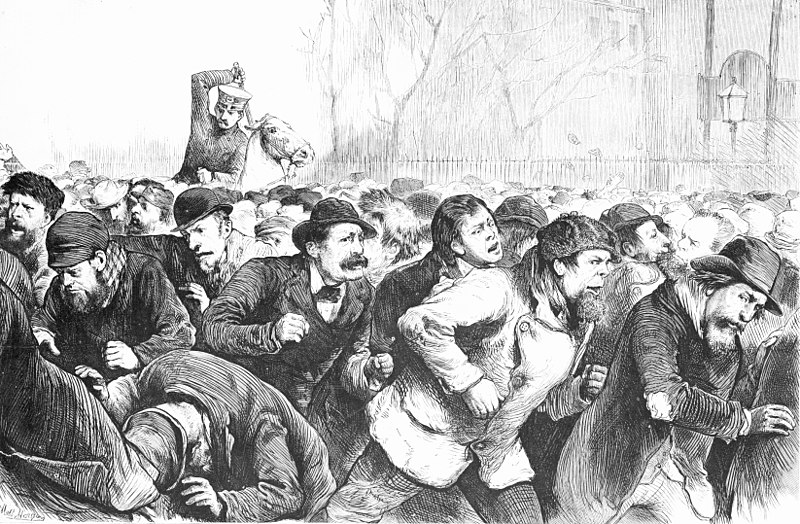
If you like reading blogs, you’ll probably like reading G. K. Chesterton. Chesterton did the thing bloggers do long before blogging existed, and he did it better than the best of us. If he were alive today his blog would be the most popular one in the world. It would drive liberals crazy much of the time, but conservatives would take offense now and then too, and both sides would likely post indignant comments to tell him how STOOPID he was.
All Things Considered is a collection of columns Chesterton wrote for the London Daily News during the years up to World War I. They’re not his absolute best work. He admits in the preface that many of them were written under tight deadlines, when “there was no time for epigrams.” And what he wrote frequently got snipped down, pretty arbitrarily, by editors.
But even under adverse conditions, Chesterton offers a wealth of opportunities to the happy highlighter. Instead of reviewing All Things Considered (an act of hubris), I’ll just list some snippets to give you a taste.
First of all I want to mention that this book includes what may, very probably, be the first use of the word “groovy” in the English language. Seriously. Chesterton doesn’t use it as the hippies did, and I’m pretty sure they weren’t quoting him when they re-coined the adjective, but it’s right here, in a column called “Humanitarianism and Strength”:
Have you ever noticed that strange line of Tennyson, in which he confesses, half consciously, how very conventional progress is?—
“Let the great world spin for ever down the ringing grooves of change.”
Even in praising change, he takes for a simile the most unchanging thing. He calls our modern change a groove. And it is a groove; perhaps there was never anything so groovy.
*
The real objection to modernism is simply that it is a form of snobbishness. It is an attempt to crush a rational opponent not by reason, but by some mystery of superiority, by hinting that one is specially up to date or particularly “in the know.”
I believe firmly in the value of all vulgar notions, especially of vulgar jokes. When once you have got hold of a vulgar joke, you may be certain that you have got hold of a subtle and spiritual idea. Continue reading All Things Considered, by G. K. Chesterton




